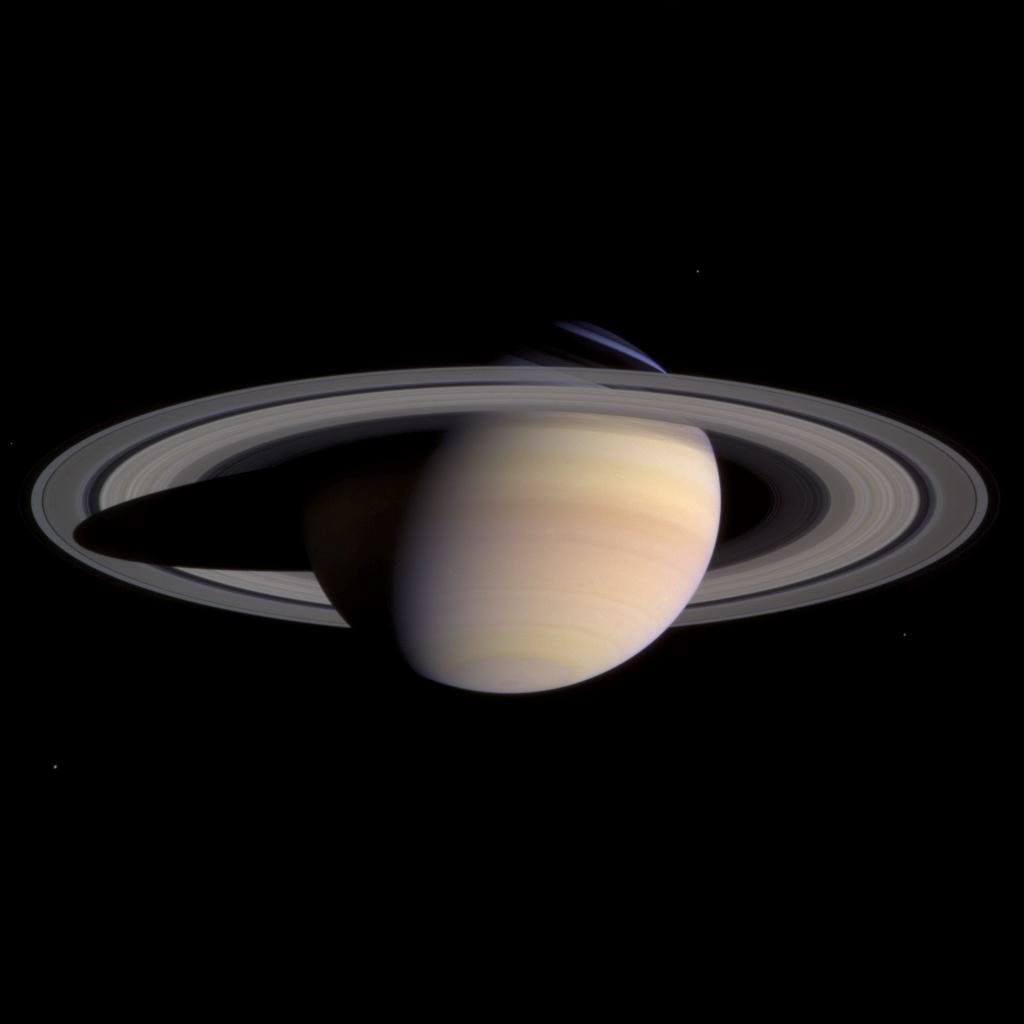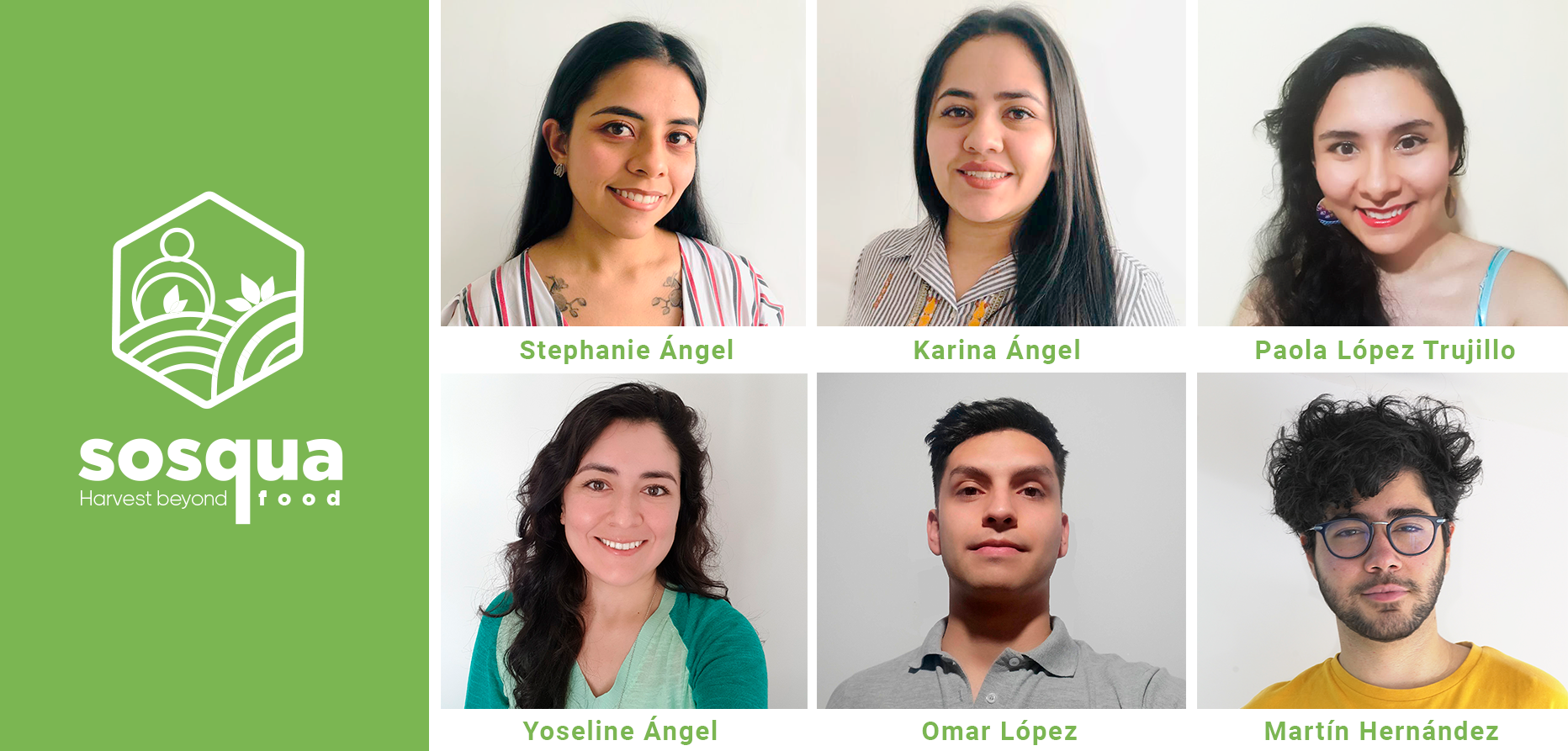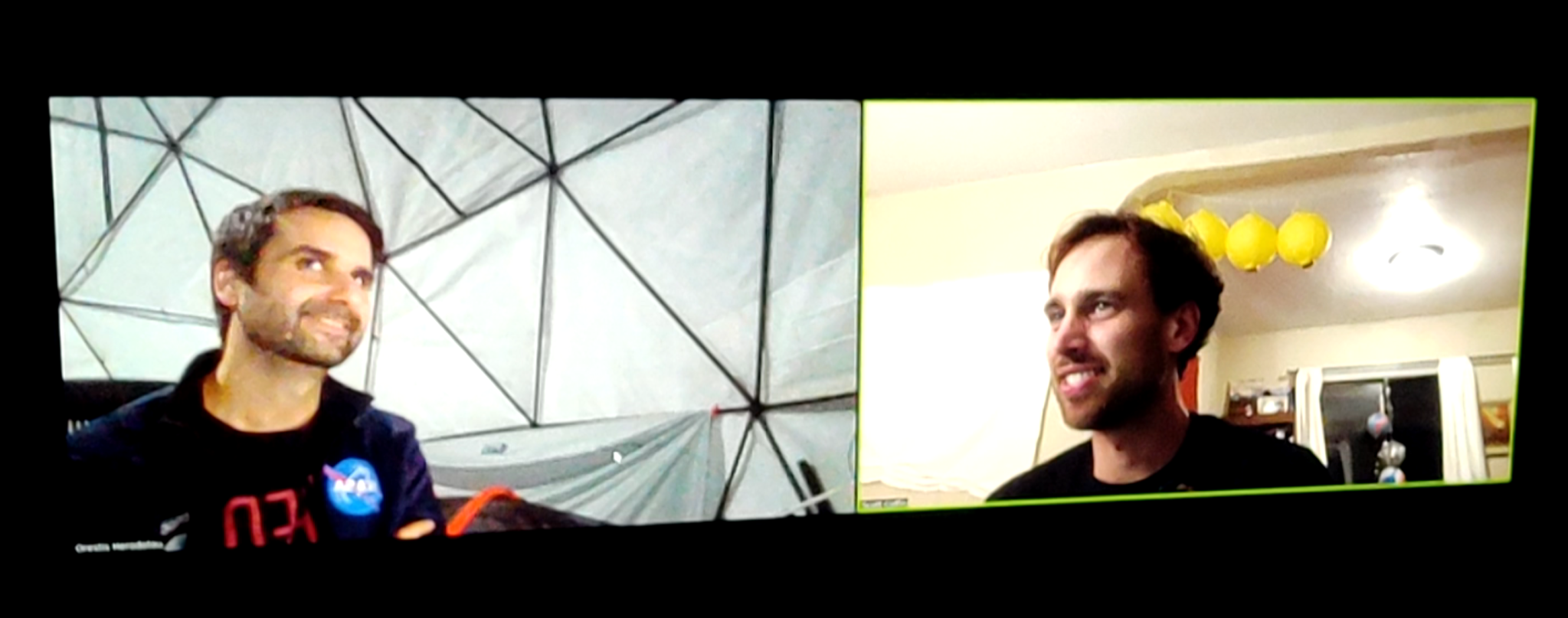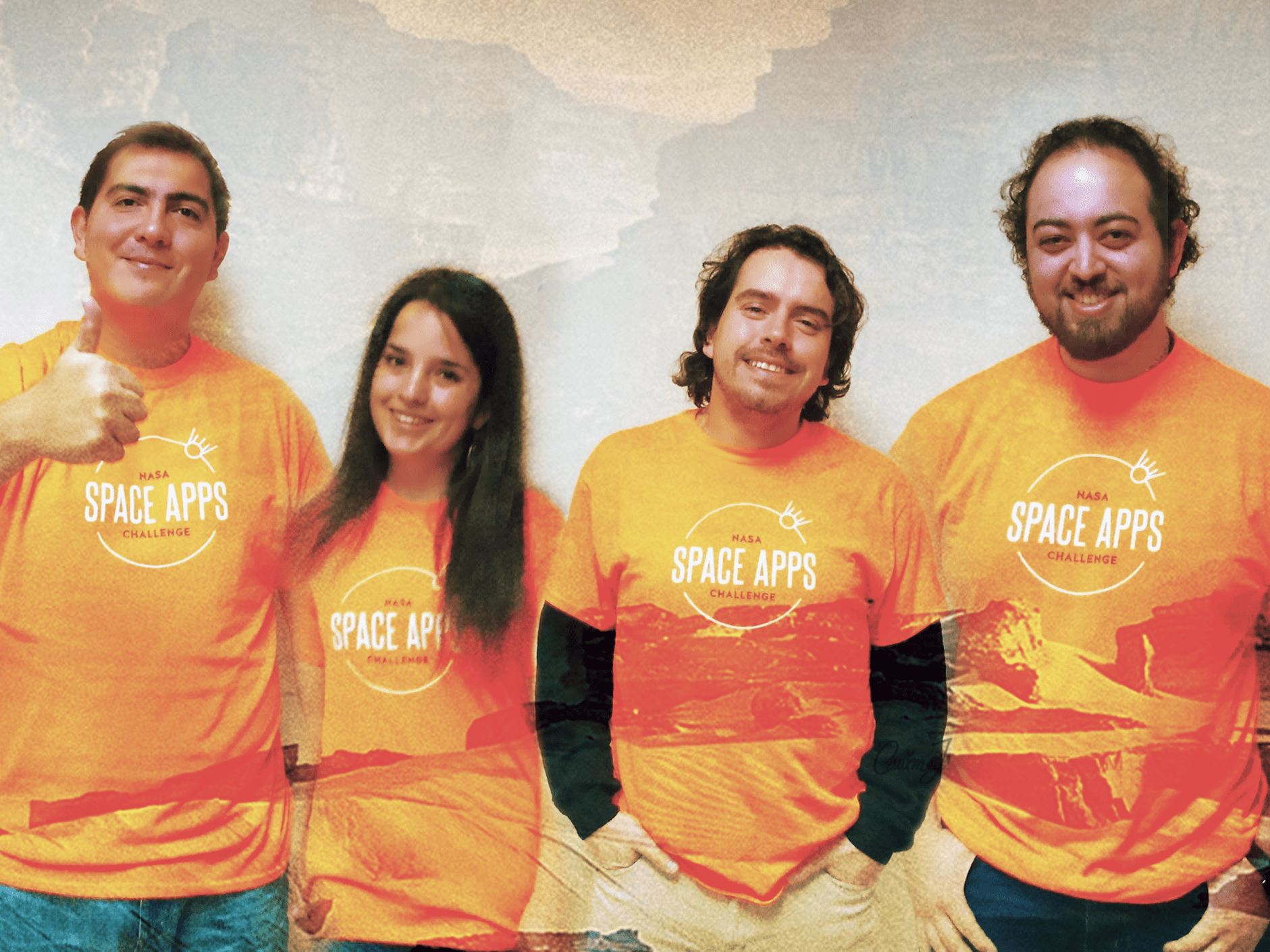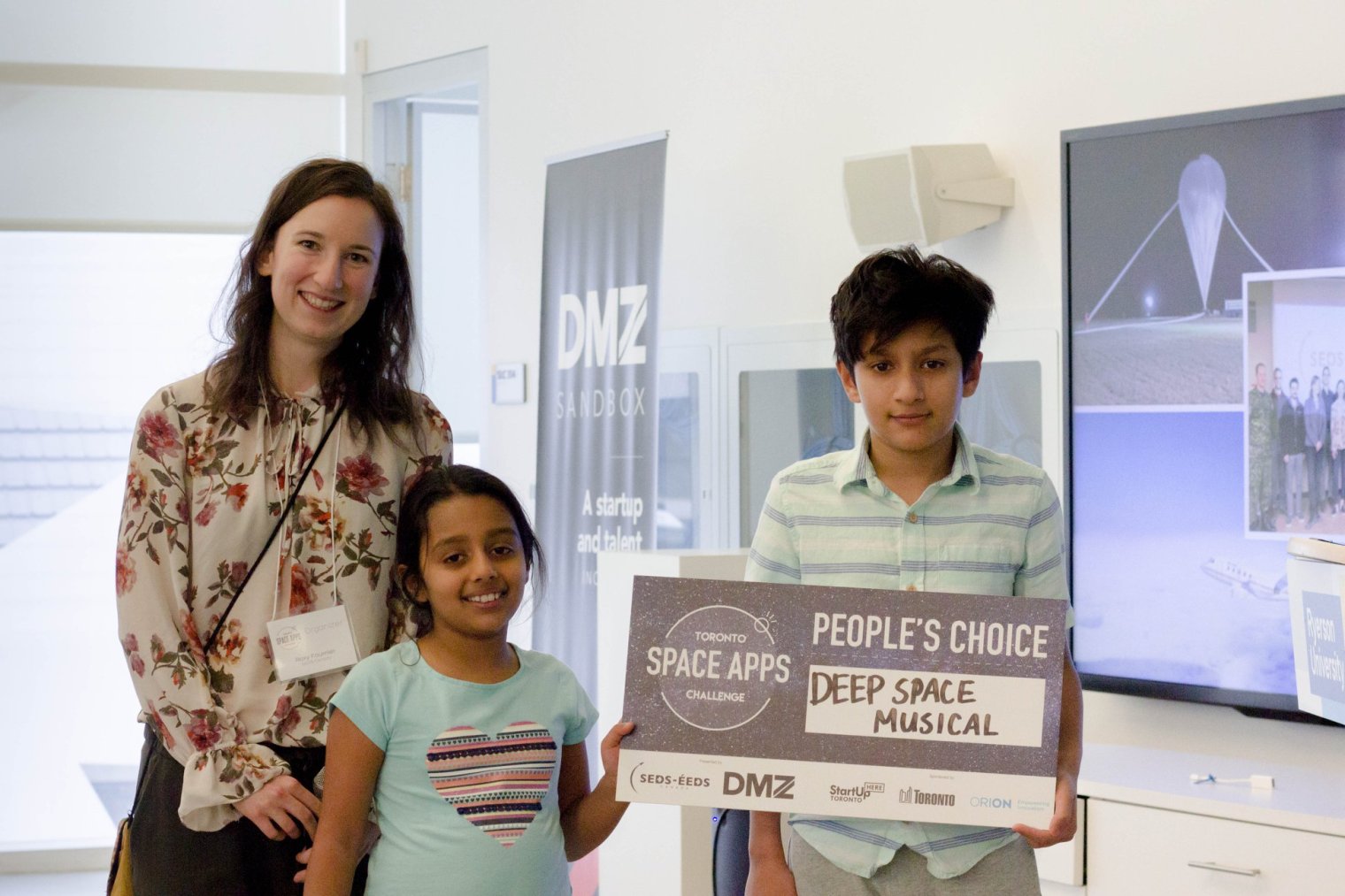From a fourth grader in Canada to a respiratory specialist in Australia, from a college student in Michigan to a volunteer firefighter in Chile, the winners of this year’s Space Apps COVID-19 Challenge represent a rich diversity of culture, skills, and life experiences. They joined the global hackathon in May from their home computers and collaborated with teammates to tackle one of the most pressing worldwide issues: The COVID-19 pandemic.
The NASA Space Apps COVID-19 Challenge united coders, entrepreneurs, scientists, designers, storytellers, makers, builders, artists, and technologists for a weekend of virtual problem-solving. Four other space agencies — the European Space Agency (ESA), the Japan Aerospace Exploration Agency (JAXA), the Canadian Space Agency (CSA), and France’s National Centre for Space Studies (CNES) — plus more than 400 volunteer judges, experts and local leads — joined forces to make the event a success.
During a time of isolation worldwide, the COVID-19 Challenge brought people of many backgrounds together to solve problems — over 15,000 participants from 150 countries. They used Earth observation data from NASA and its partner space agencies in creative ways, showing how satellite information can aid in the understanding of the COVID-19 outbreak on both global and local scales. They also explored themes such as the economic and psychological consequences of the pandemic and their impact on society.
Space Apps judges selected six winning teams in the general competition, and three teams for the Euro Data Cube Award, sponsored by ESA. This award enables winners to broaden the geographic scope of their projects by using additional data and other resources from the Euro Data Cube platform.
Let’s meet the winning teams and learn about their unique journeys. If you are inspired and want to take part in a hackathon event like this, register for the next installment of Space Apps, which takes place Oct. 2 to 4, 2020.
Team Name/Country: SOSQUA: Harvesting Beyond Food – Colombia
Awards: Euro Data Cube Award, Honorable Mention
Challenge: Food for Thought
A pressing problem amid the coronavirus pandemic is access to food. This spring, in some parts of Colombia people displayed red flags at their houses to signal their need for food assistance. At the same time, small farms had trouble selling their crops because of lockdowns and curfews. A group of Colombian engineering students and young professionals envisioned a way to match these needs, and decided to address this problem of food supply disruptions posed in the Food for Thought challenge of the COVID-19 hackathon.
SOSQUA: Harvesting Beyond Food is a concept for an app that would link family farms to local markets. It would identify different crops using satellite imagery and monitor the harvesting cycles using datasets about vegetation growth. Local markets could use the app to check on the availability of specific products and connect with farmers nearby who are most likely to have those crops. The app creators envision that this could help get more food to more people even in times when long-distance travel is restricted. “Sosqua” means “to eat” in the indigenous Colombian language Muisca.
The SOSQUA team members are like a family, literally. Yoseline, Stephanie, and Karina Ángel are sisters. Paola López Trujillo is their cousin. The other two teammates, Omar López and Martín Hernández, are friends. Their professional interests span the fields of environmental science, agricultural engineering, electronic engineering, and design. The group still meets at least three times a week to talk online, sometimes more.
At the beginning, the team thought the challenge might be impossible. “Each one of us left our comfort zones a little bit,” Hernández said. “It was a journey for all of us.” They learned for the first time about how to plan such a complex project and other new tools to make their idea a reality. They were able to develop a prototype that won a Euro Data Cube award, offered by ESA, and hope to develop it further.
Team SOSQUA encourages anyone to join events like this, and not shy away because of their particular skill sets. Space Apps emphasized to them that NASA-inspired projects make use of fields like humanities and social sciences in addition to science and engineering. “Everyone can participate in these events and reach good things, really big things, if they put enough efforts in the projects,” López Trujillo said. “It isn’t unreachable. It’s reachable for everyone.”
Team Name/Country: Shelter in Space – United States
Award: Best Mission Concept
Challenge: The Isolation Solution
Orestis Herodotou was already on a space-like mission when he joined the COVID-19 Challenge with his friend Scott Coffin. Herodotou had decided to spend a month in the geodesic dome he built with recycled sail material in his backyard in Oakland, California, simulating that he was living in an enclosed habitat on Mars. He took with him everything he would need to live in total isolation, even food. The only “resupply” was a pie his sister mailed to him for his birthday.
For Space Apps, Herodotou and Coffin tackled the Isolation Challenge, which asked participants to find a solution to combating social isolation. They envisioned a smartphone app called Shelter in Space that would allow users to carry out their own space mission at home. The app would serve as a game-like environment for people to play with their friends who live apart, while tapping into other wellness and social apps as well as NASA resources. From talking to astronauts, they got tips about living in isolation to integrate in the app, such as: maintaining a consistent schedule, having daily goals, and designating particular parts of your habitat for different tasks. Their team won the Best Mission Concept award, the solution for the most plausible solution concept and design.
Herodotou and Coffin originally met at a datathon run by the California State Water Board, where Coffin works. Herodotou does software engineering for a company that builds CubeSats. Their day jobs keep them busy, but if there’s interest in their app concept they would love to develop it further.
“When you really think about it, everyone is on their own mission in life, and Earth is sort of its own spaceship, and you ask yourself, ‘how can we all maintain this spaceship and this crew that we have already in a broader sense?’” Herodotou said. “Space exploration has always inspired that view for me. We wanted to share that with others and help them to discover that overview effect.”
Team Name/Country: PANAL – Chile
Award: Galactic Impact
Challenge: Human Factors
What is your risk of encountering the novel coronavirus based on your location? While it’s impossible to know exactly, a group of four friends in Chile wanted to make an app to help people answer this complicated question based on available data.
This team’s name as well as the concept is an app called Panal that people could use to approximate their risk of coming into contact with a COVID-19 patient given their location, and data about that place. It incorporates data from six different sources, including local government health information and satellite data on temperature and humidity. In the app interface, users see their location on a map in a zone that is highlighted in hexagons. “Panal” means honeycomb in Spanish.
Panal team member Nino Antonio Bozzi Álvarez, a software developer, is a Space Apps pro — he’s been participating since 2013. He knows Patricio Alarcón, who works in finance, because they are both volunteer firefighters in the coastal city of Viña del Mar. They have been collaborating on Space Apps hackathons with Carolina Retamal, who does software development in the mining industry and Marcos Maldonado Vargas, who works in project development, since 2016. “We all give ideas and we all build from one another’s idea,” Retamal says.
The group identified teamwork as an important take-home lesson from their hackathon experiences. They also appreciated the opportunity to work on solutions with a wide reach. Panal won the Galactic Impact award in the Space Apps Challenge. “Here in Chile, we are used to working on projects with very little scope, or at most in a countrywide scope. But with Space Apps, there is not only a worldwide scope, but there are galactic scope projects,” Bozzi Álvarez says.
Team Name/Country: Michiganders Researching Coronavirus – United States
Awards: Euro Data Cube Award, Best Use of Science
Challenge: Human Factors
Five students at the University of Michigan decided to tackle the same challenge as the Panal team — predicting hotspots for COVID outbreaks — but in a different way. Using data from NASA and JAXA, they collected information on temperature, humidity, and light exposure at night, in addition to the incidence and mortality rates from COVID in different places. They fed all of this data into a machine learning model they designed and looked for patterns. A research paper they read suggested that the amount of light at night is correlated with greater urbanization. They observed that areas with more intense light at night, which are likely more urban areas, are at greater risk of COVID-19. This project, called Project Prometheus, won in the “Best Use of Science” category as well as the Euro Data Cube award sponsored by ESA.
Knowing they had only the weekend, the team divided their labor: Alex Hsia, Sky Chen, and Eric Lian focused on data processing and machine learning, while Solomon Chang and Gabe Garfinkel focused on front-end web development. Lian also had an internship at NASA’s Goddard Space Flight Center to work on future small satellite constellation missions this summer.
The team decided to call themselves Michiganders Researching Coronavirus. For most of the members, the COVID 19 hackathon was their first ever. They have been busy moving back to Ann Arbor recently, but they would like to continue developing their project and participate in more hackathons. For Hsia the experience gave him valuable experience in HTML, CSS, and Python, and made him appreciate having a team with multiple perspectives.
“Even if you don’t have a computer science background, you should definitely participate in the NASA hackathon because diversity of thought, I think, is a great thing, and especially if you have people not from the area of computer science, they might have interesting ideas to contribute to your team that you might not have previously thought of,” Hsia said.
Team Name/Country: Elavo – Australia
Award: Best Use of Technology
Challenge: Purify the Air Supply
In Sydney, Australia, a group of five professionals took up the challenge of how to protect passengers in tight spaces like elevators and subway cars, which are especially hazardous in the spread of COVID-19. Their concept, called Elavo, makes use of a technology that NASA developed in the 1990s, in partnership with the University of Wisconsin. The original technology was a device that uses ultraviolet light to convert ethylene gas into water and carbon dioxide, and flew several times to the International Space Station. The technology was then licensed from the University of Wisconsin and, through KesAir Technologies LLC, became an air purifier marketed as the Airocide.
The Elavo concept, similarly, uses a type of ultraviolet light called UVC to clean air that may have droplets infused with the novel coronavirus or other bacterial and viral pathogens. The ventilation system would destroy pathogens in the air and cycle the air in and out through ducts for cleaning. Elavo includes thermal cameras to see if anyone in the train car or elevator has a temperature, and acoustic sensors to detect coughing. The team envisions that a thorough ultraviolet-light cleaning would take place when there are no passengers inside, with increased ventilation and disinfection occurring in real time during travel if risks are detected. “We draw on and integrate tech that is available on the market, and what we’ve done is brought it into context of the problem with a solution that is greater than the sum of its parts,” says Elavo team member ShanShan Wang.
The Elavo team members are all affiliated with ANSTO, the Australian Nuclear Science and Technology Organisation, but bring different backgrounds and skills to the project. Mitra Safavi-Naeini is an electrical engineer, has a Ph.D. in medical radiation physics and is a Research Leader in the field of radiation therapy and molecular imaging at ANSTO. Jay Flack is a pulmonary physiologist that works with COVID and other respiratory patients and is the founder and CEO of a medical technology startup. ShanShan Wang is an industrial designer and CEO of a medical technology startup. Amy Macintosh is an environmental scientist currently working on her PhD at the ANSTO Graduate Institute, and Nathan Burke is a Project Engineer with ANSTO Engineering.
Working on Elavo was intense; Safavi-Naeini likens the hackathon experience to “running a marathon, while trying to bake a cake.” But she and her Elavo teammates are used to high-pressure situations, and enjoy innovating – especially when there is a clearly defined need. With the ability to participate in hackathons virtually, “I get that adrenaline hit without leaving my house,” Safavi-Naeini says.
Team Name/Country: GIDEON – Philippines
Awards: Euro Data Cube Award, Best Use of Data
Challenge: An Integrated Assessment
In 2019, Dominic Ligot and three of his colleagues at a startup company in Manila, Philippines, joined the Space Apps 2019 Challenge. They came up with a concept for a data-driven technology to monitor the dengue virus, a mosquito-borne illness that sickens hundreds of thousands of people every year. Their app, Project Aedes, won the hackathon award for Best Use of Data.
For the Space Apps COVID-19 Challenge in 2020, Ligot served as a local volunteer, but his colleague, Nick Tobia, together with Helen Mary Barrameda, Kristel Joyce Zapata, Theresa Rosario Tan, and Miguel Oscar Castelo, formed a team. They called their team and their app GIDEON, which stands for Global Impact Detection from Emitted Light, Onset of Covid-19, and Nitrogen Dioxide. The data sets include satellite detection of night lights and nitrogen dioxide, newsfeeds, coronavirus infection data and mobility data. The target audience is public policymakers and economic planners.
The GIDEON team envisions that they could use the app to measure the risk and sustainability of post-lockdown economic recovery across the globe, and look at how countries’ pandemic and environmental management tactics balance with that recovery.
GIDEON, which analyzed metrics for five different countries, won the Best Use of Data award as well as a Euro Data Cube award. Since the startup where the team members work is focused on data analytics and social issues, Tobia says it’s hard to distinguish his day job from the hackathon project. Project AEDES and GIDEON share the mindset of looking for strange connections between existing data sets and using those links for social change.
“Whether or not you’re getting the data from satellites or from somewhere else, it’s that approach, really, of trying to look for weird connections,” Tobia said. “That’s what really stands out in using satellite data. You’ll be surprised how useful it is, if you can only imagine what you can use it for.”
Team Name/Country: The Masked Scales – Canada
Award: Most Inspirational
Challenge: The Art of It All
The award for Most Inspirational in the COVID-19 Challenge went to Arushi and Artash Nath. The sister-brother team in Toronto, Canada, have been problem-solving in Space Apps hackathons since 2014. “We enjoyed the experience a lot, meeting mentors and getting new knowledge, so we decided to participate in it every year,” says Arushi, who is 11 years old.
When their city went into lockdown in the spring of 2020, these innovative kids noticed that they could hear more birds, and that they stopped hearing so many sounds of construction and cars. “We were curious to understand what other changes have there been inside our environment,” says Artash, who is 14 years old.
They decided to make a “sensor box” to pick up the sounds outside their house as well as local pollution, and install a camera outside so that they could train an algorithm to count the number of cars per minute. Traffic, they noticed, decreased by almost half over a three-week period. Pollution decreased by about 40% and sound decreased by about 30%.
For their Space Apps COVID-19 Challenge project called “The Lockdown Musical: Sonifying Impacts of COVID19 using Data from Homemade Instruments and NASA,” they combined their own observations with NASA data and other datasets to make a piece of music. They assigned different bits of data to different instruments — for example, the street noise became piano, the marimba marked the passage of days and nights.
Arushi wants to be an astronaut or something similar one day, and Artash wants to focus on space exploration and artificial intelligence. The two plan to continue participating in hackathons and are working on a drone project next.
Do you want to contribute your ideas to solving real-world problems? Sign up for the next Space Apps Challenge, which takes place Oct. 2 to 4, 2020. The theme will be “Take Action.”
Written by Elizabeth Landau
NASA Headquarters















